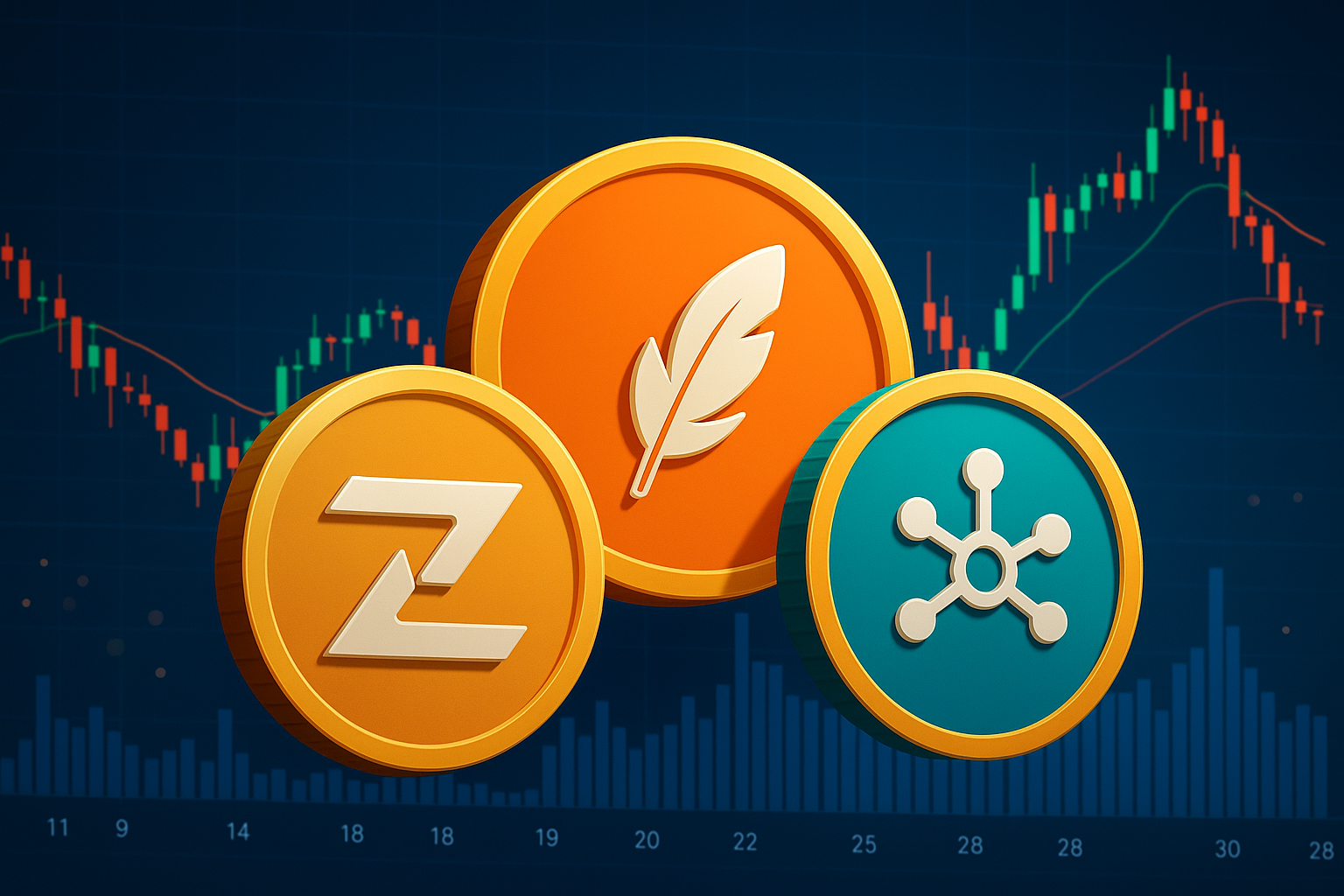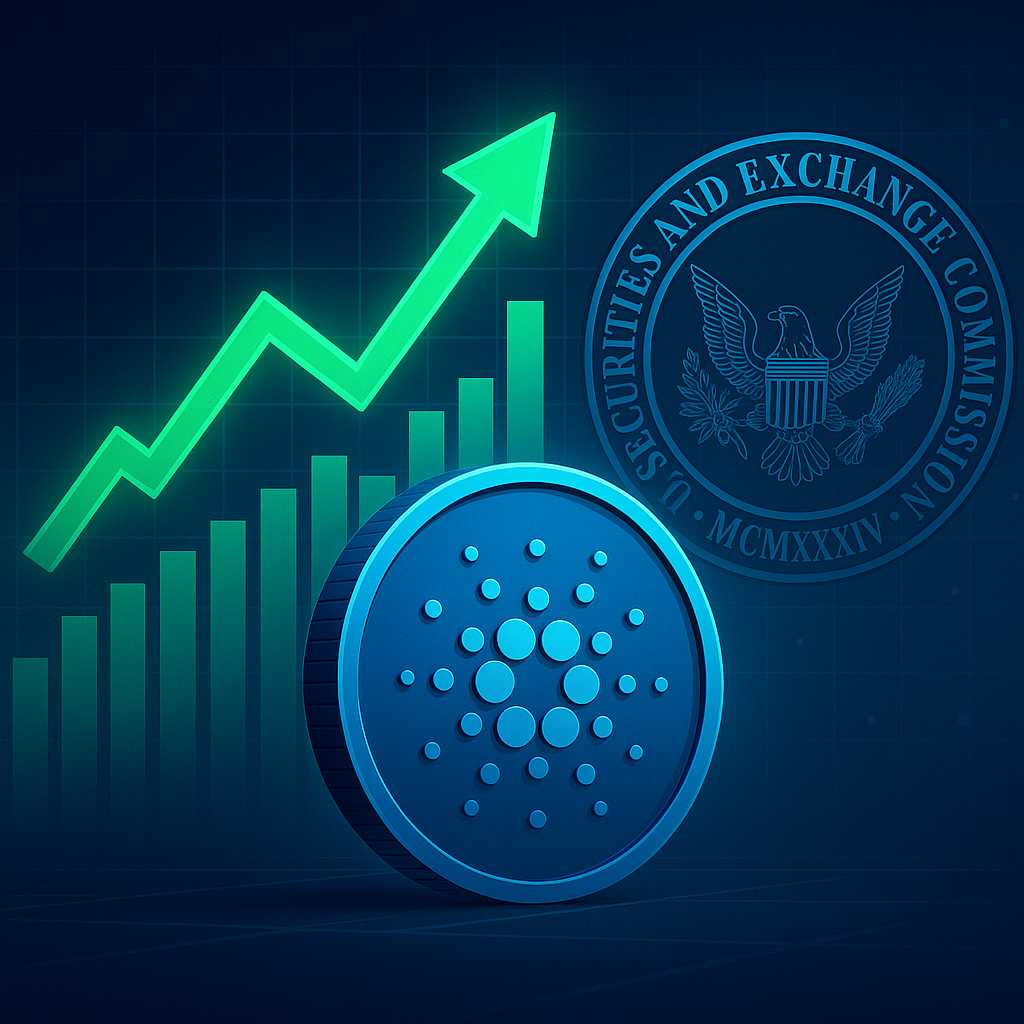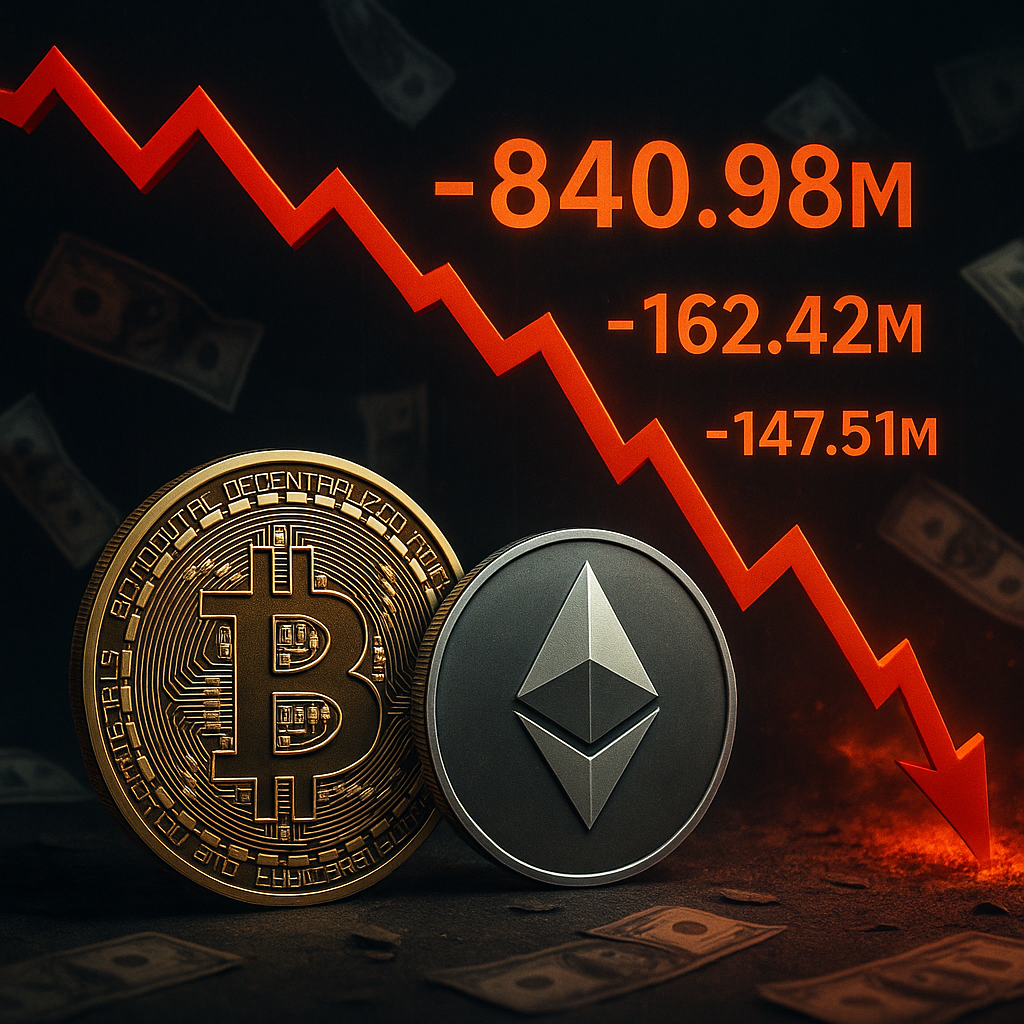Brazil-based fintech innovator Braza Group has announced the official launch of USDB, a USD-backed stablecoin designed to streamline cross-border transactions. Uniquely built on Ripple’s XRP Ledger (XRPL), USDB aims to offer faster, more efficient global payment solutions.
Consequently, this strategic move places Braza alongside other forward-looking financial institutions, with similar XRPL-backed stablecoin projects recently emerging in Singapore and across Europe. In just one week, firms spanning three continents have embraced XRPL’s capabilities, signaling a powerful endorsement of its growing influence in the blockchain-based payments ecosystem.
- Unlock exclusive rewards with your Cbet bonus code – start playing smarter today!
Global Momentum Builds as Firms Choose XRPL for Stablecoin Innovation
Brazil continues to lead the charge in crypto adoption, especially following the recent debut of the world’s first XRP-based ETF. Building on this momentum, Braza Group has introduced USDB as a significant expansion of its blockchain initiatives. The launch is viewed as a key milestone in Ripple’s growing partnership with Brazil to modernize international payment systems.
According to Ripple, the USDB initiative marks an important progression in XRPL’s global application. Braza, a fintech firm specializing in cross-border remittances, has already tested the waters with BBRL, a stablecoin pegged to the Brazilian Real and also hosted on XRPL. Launched earlier in 2025, BBRL effectively laid the groundwork for this latest stablecoin introduction.
Moreover, Braza CEO Marcelo Sacomori attributes the company’s rapid innovation to supportive regulatory frameworks, emphasizing that Brazil’s evolving policies have created an environment ripe for digital finance disruption.
At the same time, Ripple’s native stablecoin RLUSD has been gaining significant traction. Trading volumes surged by over 60% in the past month, fueled by strategic donations, aggressive token minting, and Ripple’s recent acquisition of a brokerage platform aimed at expanding RLUSD’s real-world utility. Notably, the coin’s market cap has nearly tripled in just three months, highlighting the growing appetite for XRPL-based digital assets.
As a result, with more firms across continents adopting XRPL for their stablecoin infrastructure, Ripple’s blockchain continues to solidify its role as a preferred foundation for global digital currency innovation.
XRPL Gains Global Traction as New Stablecoins Emerge Across Key Markets
The momentum behind Ripple’s XRP Ledger (XRPL) continues to accelerate, as fintech firms worldwide roll out new stablecoins built on its robust architecture.
For instance, in Singapore, StraitsX recently introduced XSGD, a stablecoin pegged to the Singaporean dollar and backed by reserves held with DBS Bank and Standard Chartered. In contrast to USDB, which emphasizes cross-border remittances, XSGD targets broader domestic use cases, such as DeFi access and seamless local payments. StraitsX praised XRPL for its speed, scalability, and strong security, underscoring its reliability.
Similarly, in Europe, Swiss-based Schuman Financial announced the launch of EURØP, a Euro-backed stablecoin tailored for the EU market. Fully compliant with MiCA regulations, EURØP aims to simplify access to decentralized finance while delivering secure, transparent financial tools.
Despite regional differences, these new stablecoins all share a common technological backbone in XRPL. The past week has seen a wave of adoption, with firms from Latin America, Asia, and Europe collectively selecting XRPL as the preferred infrastructure for issuing fiat-backed assets.
Ultimately, when combined with the rapid rise of RLUSD, which has seen its market cap nearly triple, these developments underscore Ripple’s growing influence in the global stablecoin sector. As institutional trust deepens, Ripple is steadily cementing its status as a core pillar in the next generation of blockchain-powered finance.






